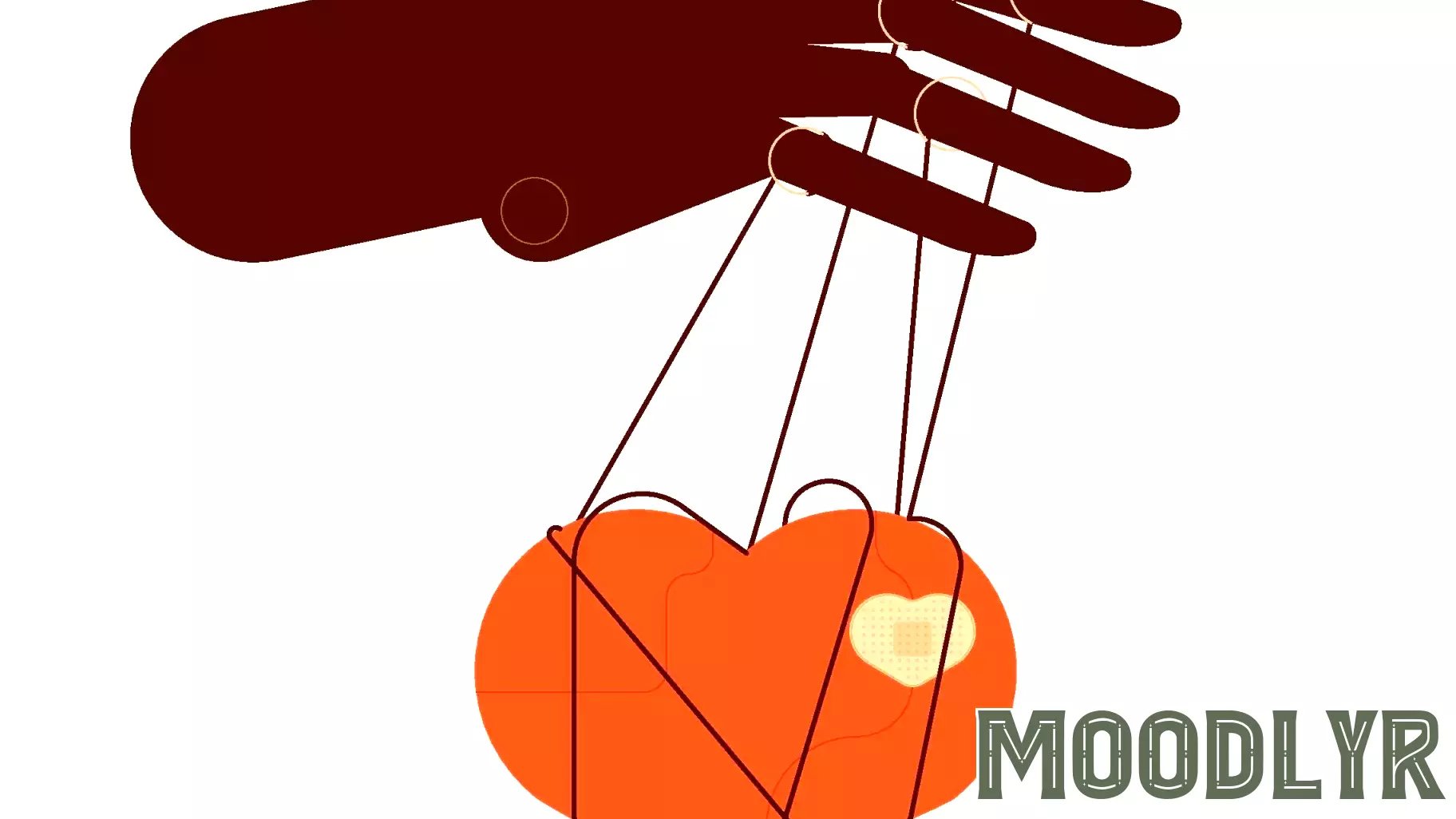Understanding the Dynamics of Relationship Bullying
March 14, 2025 - 02:51

Relationship bullying can often go unnoticed, making it a subtle yet pervasive issue in many partnerships. This form of manipulation typically involves a "strongman" figure exerting control over an "underdog," creating an imbalance of power that can be detrimental to the victim's mental health. As the strongman's control intensifies, the underdog may start to doubt their perceptions and feelings, leading to confusion and a reluctance to voice their concerns.
Victims might find themselves second-guessing their reality, feeling isolated, and questioning their self-worth. This psychological manipulation can manifest in various ways, including gaslighting, emotional abuse, and intimidation. The underdog may feel trapped, fearing retaliation or further emotional harm if they attempt to confront the strongman or seek help.
Recognizing the signs of this dynamic is crucial for those who may be affected. Open communication and support systems are essential in addressing and dismantling the power imbalance, allowing individuals to reclaim their autonomy and well-being.
MORE NEWS

February 21, 2026 - 02:30
Home Really Is Where the Heart IsThe age-old saying `home is where the heart is` is more than just a sentimental phrase; it is a neurological reality. New research suggests that the profound feeling of home is an idea we...

February 20, 2026 - 05:37
Racist Attitudes Linked To Future Psychological Distress – But Could Both Be Fueled By Something Else?A new research study is challenging the straightforward assumption that holding racist views directly causes future mental health problems. While confirming a link between prejudiced attitudes and...

February 19, 2026 - 04:05
UWM Professor Uses Sport Psychology Research to Solve Real-World ProblemsProfessor Barbara Meyer possesses a uniquely analytical lens that she applies to nearly every situation. Whether she`s guiding Olympic athletes, consulting with a university soccer team, or simply...

February 18, 2026 - 03:25
Why couldn't Ilia Malinin handle the pressure? Sports psychologists offer their thoughtsThe recent performances of top athletes have reignited a crucial conversation within the world of elite sports: the immense psychological burden of competition. While the spotlight often falls on a...